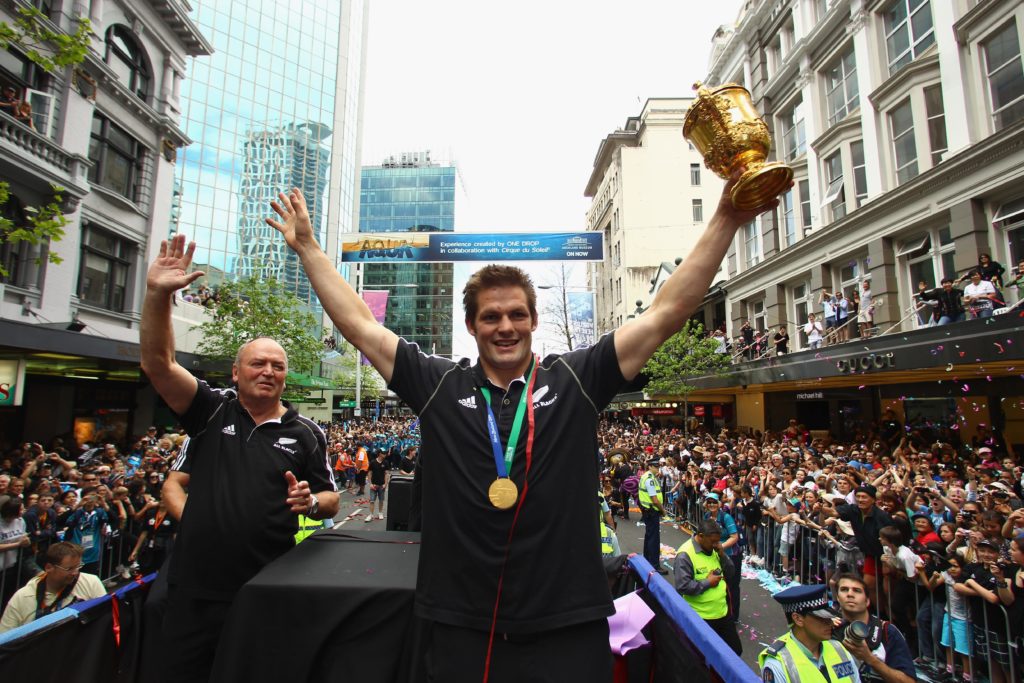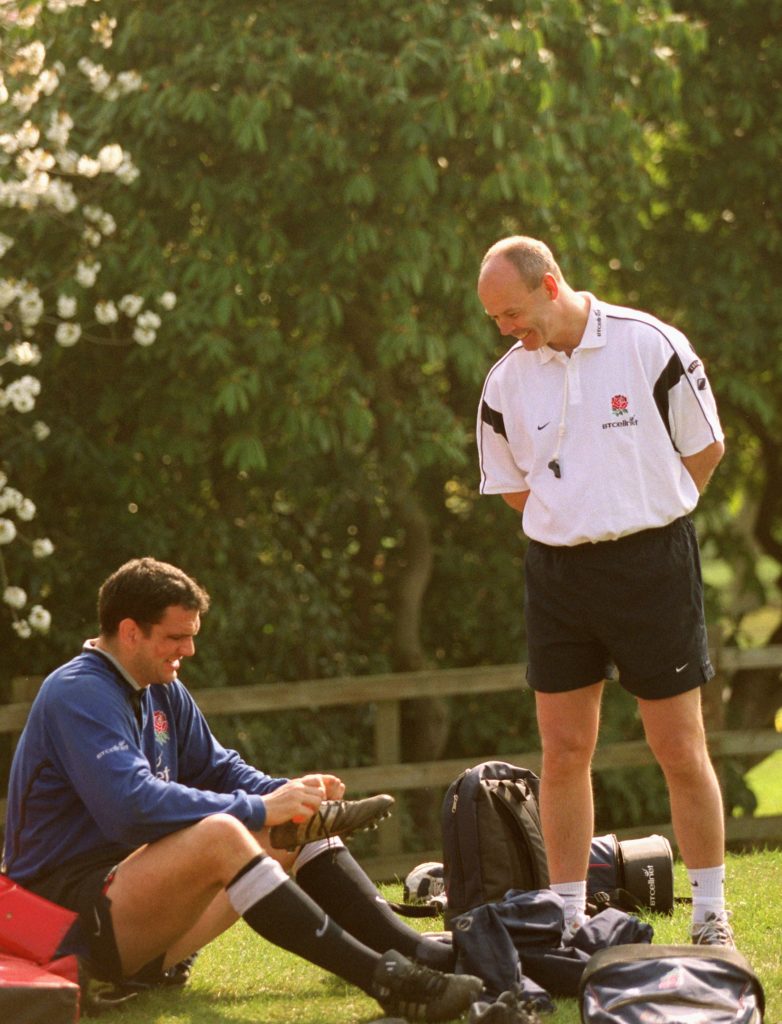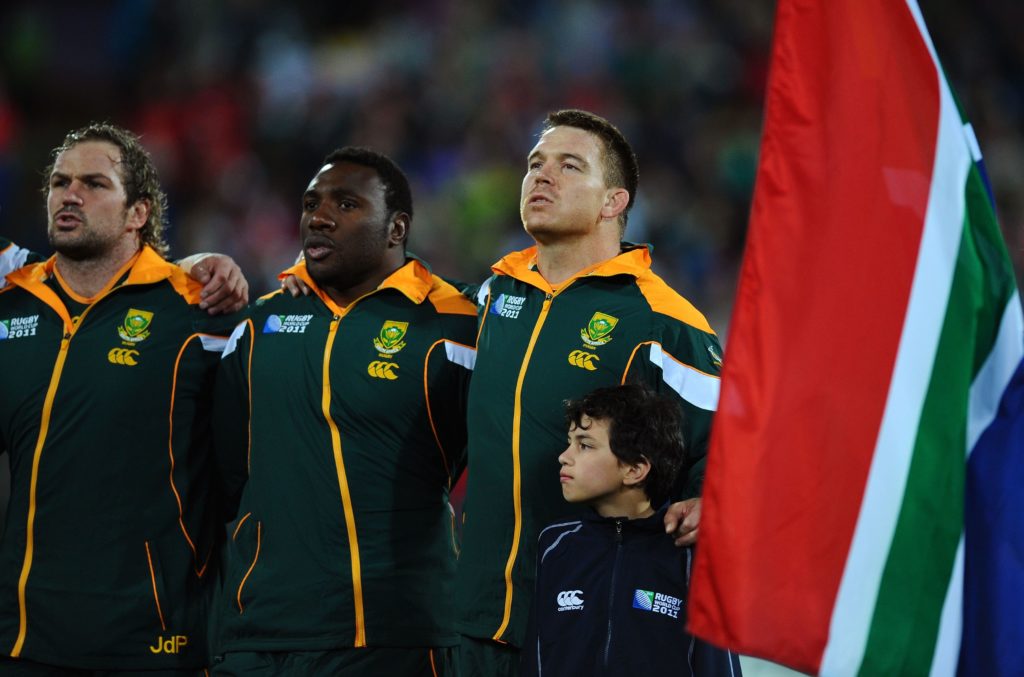Finding the right captain for your team is a unique challenge that faces every coach. What are the key traits I look for in a leader? The short answer is: Honesty and authenticity. However, it is so much more involved and has so many facets to it.
I have always been big on understanding what kind of captain you need when you are the coach. It is vital that the captain complements the coach. It is also crucial what the captain means to the team. But there are so many other dynamics: How do the players see him and how does he interact with the players? More importantly, how does he carry what the coach wants on to the field?
If you have a quiet coach, then you need a talkative captain to bring that side of the coach out in the public domain.
I will use, as an example, Ian McIntosh and Gary Teichmann. Ian was a very talkative, very emotional coach, whereas Gary was more of a reserved figure as captain. Nick Mallett and Teichmann had a similar relationship. Likewise, Sir Clive Woodward and Martin Johnson – their personalities complemented each other. Martin was not a big talker, but Clive wasn’t afraid to shoot from the lip.

If you have a quiet coach, then you need a talkative captain to bring that side of the coach out in the public domain. You can look at Kitch Christie and Francois Pienaar, where Francois was a lot more ‘in your face’ than Kitch was.
It isn’t about being right or wrong, it is about the two complementing each other. You have to wonder if Francois would have been such a good captain if he had had a coach that was a bit more vocal.
You can also look at a combination like Australia’s Rod MacQueen and John Eales, how they worked so well together, or New Zealand’s Richie McCaw and Graham Henry. The headmaster type, like Henry, selects that sort of captain.
If he is only ‘serving’ the management’s cause, the players won’t trust him. If he is only with the players, he will not be complementing the management.
You give the team to the captain on a Saturday. It starts at the captain’s run, but certainly on matchday he takes over. There needs to be a massive amount of trust. You have to be certain that he is capable and equipped to hold the reins for that game. If he doesn’t think like the coach, or doesn’t believe in what the coach does, then you will have a problem. That relationship is massive but I have been lucky that my captains were all on board with me.
The captain must have the candour to tell the coach if he thinks something is wrong. He has to have the ability, as a player, to deal with the players as well. If he is only ‘serving’ the management’s cause, the players won’t trust him. If he is only with the players, he will not be complementing the management.

To give an example. John Smit could come to me and say, ‘Is it necessary that we have a session and training tomorrow? The guys feel a bit flat’. You have to trust him that he is not just doing it to take a shortcut. He must have the players’ well-being at heart.
If the coach says, ‘Yes, we must train’, he can’t then go back and sulk with the players. If you have a captain that doesn’t believe in what you are doing and just wants to be a captain, then you will go down. He has to understand what you want to get out of the team and the message you want to get across.
To be the Springbok captain requires very different attributes because of the diversity and different dynamics we have in the country.
Every country is different in how players approach the captaincy. In France, they are so emotional and passionate about it. It is a very important thing, huge status, to be a captain. When I was at Montpellier, Fulgence Ouedraogo had the armband and he understood the psyche and what we wanted to get out of the team.
In Australia as well, it is a massive privilege to be a skipper. At the Brumbies, a number of guys came to me and said they wanted to be captain – and in Ben Mowen I had a good one who complemented the group we had. That enthusiasm wasn’t something I was used to, as in South Africa there isn’t the same massive push to lead the team.
I’m not saying players don’t want to be captain of the Springboks, but that role in South Africa requires very different attributes because of the diversity and different dynamics we have in the country.

I have no doubt a guy from Canterbury is different to a guy from Auckland. A captain that comes from Toulouse would be very different from one who comes from Bordeaux. But to captain a provincial or national team in South Africa is very different to anywhere else and is a much bigger challenge. You have mixed race, blacks, Afrikaans and English. Then you have Western Cape Afrikaans against Pretoria Afrikaans. English players from Durban are different to English boys from Johannesburg. Getting that balance right is challenging and important. That’s why I was so lucky to have John Smit as my skipper for the 2007 World Cup. John was my junior captain (SA Under-21s) and senior captain (Springboks) and it was always tough to find someone close to that, because of the knowledge I had of him, even as a schoolboy.
Finally, as a footnote, I want to touch on the decision not to send the Springboks to Australia for the Rugby Championship.
Having watched the standard of the rugby between Australia and New Zealand in the Bledisloe Cup series, it would have been unfair for us as world champions and Rugby Championship winners to have been exposed to that quality and intensity without proper preparation. As the No1 team in the world, there is a target on us. If New Zealand and Australia had been in our position, they would have done the same. The top tennis players and top golfers will not enter a Major without proper preparations. After seven months of no rugby, to expect a group of players to just assemble is unrealistic. And no coach-captain combination would relish that scenario.
If you’ve enjoyed this article, please share it with friends or on social media. We rely solely on new subscribers to fund high-quality journalism and appreciate you sharing this so we can continue to grow, produce more quality content and support our writers.


Comments
Join free and tell us what you really think!
Sign up for free